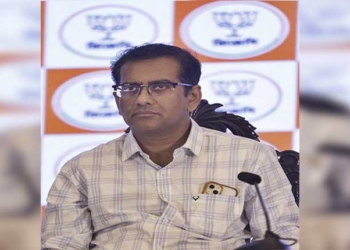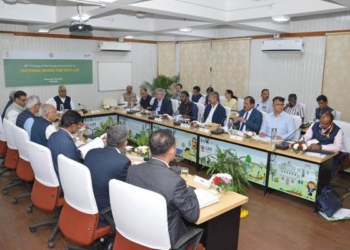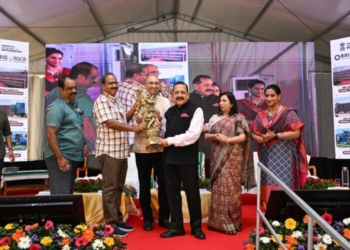New Delhi: Senior advocate Prashant Bhushan, filing his rejoinder to arguments made on the validity of electoral bonds scheme, has told the Supreme Court that right to privacy doesn’t apply to corporations as they are the rights of individuals.
He also said that the privacy argument cannot be used to say that it overrides the citizens’ right of information.
“Right of privacy cannot be extended to companies…even if it is an individual’s right, can individuals claim right to privacy which overrides the right to information?” Bhushan said in the court, replying to Centre’s argument that pitched the right to know of citizens against the right to informational privacy.
The Centre maintained its stance that the scheme is part of a larger design to eliminate cash dealings in the electoral process in India and to ensure white money is used for political funding through proper banking channels.
It has also said that confidentiality is the thread that holds the design of the scheme together whereas the Bhushan has urged the apex court to do away with the anonymity as it violates the fundamental right under Article 19 (1) a of the Constitution.
Appearing for the government, Solicitor General Tushar Mehta said: “Your lordships can accept my right of informational privacy as against the general right to know. If there is a genuine public interest in the disclosure, you go to the court. But merely out of curiosity, you cannot invade someone’s privacy.”
He also told the court that secrecy per se is not antithetical to free and fair elections. “And it sometimes enhances free and fair elections. Like in the present case.”
He further asserted the scheme enhances free and fair elections as it shifts donations from cash to banking channels.
Bhushan, however, said that despite the Centre’s argument that the SBI can’t give out information without the court’s order, the information is still available and the chances of victimising the company are still there. He reaffirmed his previous argument that the ruling party can know and the government can put pressure on the SBI to get information, and it’s only the opposition party does not know.
“The government can pressurise the SBI to give them information. Even otherwise the government can know by seeing which company has donated what amount,” he said.
Earlier answering the challenge on selective anonymity, SG Mehta said that there is no way by which anyone can access information from the SBI without leaving traceable footprints. He asserted that the Centre cannot know the details of donations made through electoral bonds. He placed a letter signed by the Chairman of SBI on this issue and said the details can’t be accessed without a court order.
Senior advocate Kapil Sibal in his rejoinder said that the Electoral Bonds scheme is the most unconstitutional, undemocratic, and unfair scheme which destroys the basic structure of the constitution.
“Free and fair elections are basic structure. It’s not free because industrialists cannot say no and it’s not fair as the ruling party gets the most benefits,” he said. He further asked what public interest is being served by concealing information.
Calling the scheme a way to secure political perpetuity, Sibal said that the government is only protecting itself as it knows who donated.
Appearing for the CPI-M, advocate Shadan Farsat asked, how will you prevent quid pro quo? He said that the only way to prevent quid pro quo is through public disclosure.
Senior advocate Vijay Hansaria also asked how can confidentiality of hundreds of thousands of corporations override the rights of 140 crore citizens.
The Supreme Court on Thursday reserved its order on the challenges posed to the electoral bond scheme after listening to hearing for three days in a row. The court has however, directed the Election Commission to submit the details of the funds received by all the political parties through electoral bonds till September 30 to the court within a time period of two weeks.
Several arguments have been made against the constitutionality and legality of the Electoral Bond Scheme and the threat it poses to the Indian democracy by petitioners lawyers including senior advocates Bhushan, Nizam Pasha, Sibal, Hansaria, Sanjay Hegde and advocate Farasat.
A constitutional bench headed by CJI D.Y. Chandrachud and comprising Justices Sanjiv Khanna, B.R. Gavai, J.B. Pardiwala, and Manoj Misra concluded hearing the arguments from both sides — Centre and petitioners challenging the scheme — on Thursday.
(IANS)















